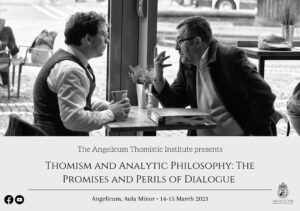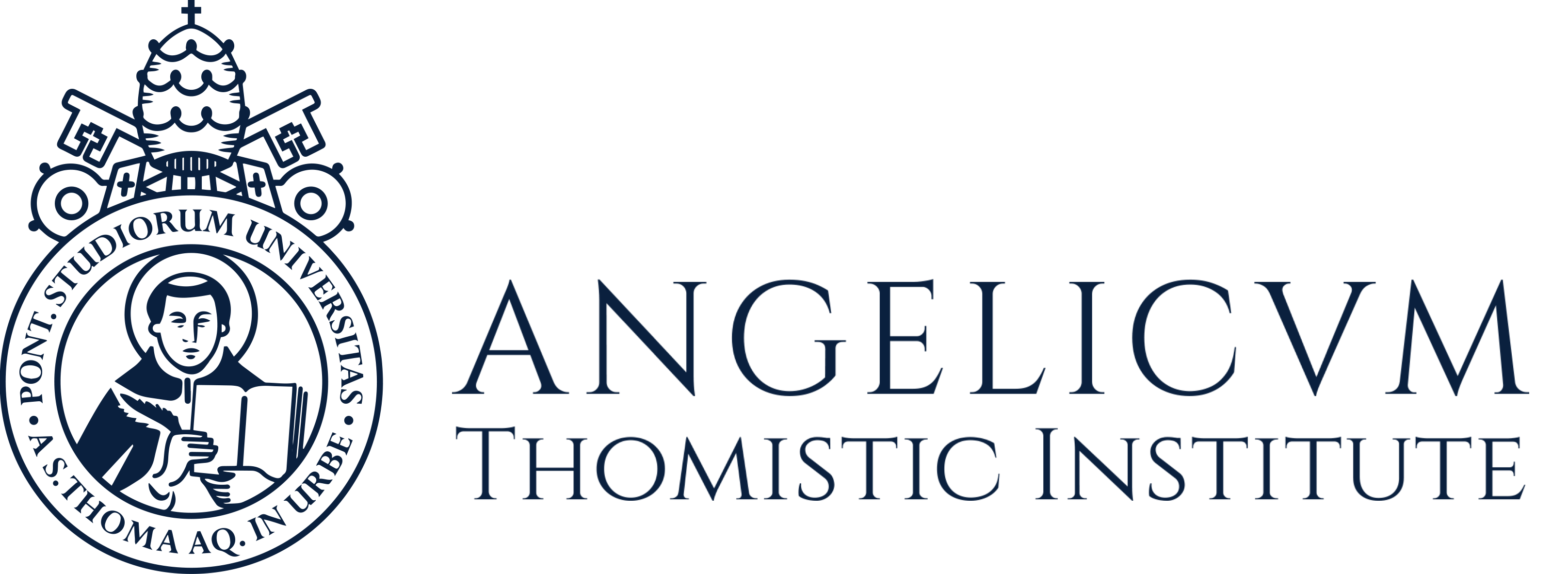What is a Good Argument? The Promise of Analytic Philosophy
Mack Sullivan
University of Notre Dame
This talk is about a simple question: can analytic philosophy help Thomists? I’ll address that question in three parts. First, I’ll offer a conception of what analytic philosophy is. On my view, analytic philosophy is simply logically rigorous philosophy. I won’t try to exhaustively characterize what philosophy is. (That’s another talk.) But I will say that every philosopher (whether Thomist or analytic) ought to be concerned with—among other things—what good arguments are. And I will say that a piece of philosophy is logically rigorous just in case the arguments in the piece could, in principle, be substituted for arguments which live up to the standards of logicians. Second, I’ll suggest a reason (familiar to logicians) why analytic philosophy could help Thomists. The reason is that there are various things which are not good arguments according to (e.g.) the inferential syllogisms from Aristotle or Thomas, but which are good arguments according to the standards of professional logicians, and so by the standards of analytic philosophers. (By ‘good’ here I mean valid; I’ll discuss how I understand that property in the talk.) Since we ought to trust the professional logicians about which arguments are good arguments, we therefore ought to think that analytic philosophy has better standards for what a good argument is. And since philosophers are concerned with (among other things) good arguments, Thomists ought to care to learn more about analytic philosophy. Or so I’ll suggest. And third, I’ll address a concern which my audience might have. The concern is that, while analytic philosophers have appealingly precise standards for when an argument is a good argumnet, we don’t need to use those standards when evaluating arguments which matter to Thomists. And I’ll answer that objection head on: I’ll consider arguments where the judgments of whether they are good by the standards of the inferential syllogisms and the standards of professional logicians differ; and I’ll show how these arguments matter to Thomists. So analytic philosophy’s standards offer a promise: if Thomists care about deciding whether an argument is good or bad, then analytic philosophers can help them decide.
Mack Sullivan is a PhD candidate at the University of Notre Dame. He thinks about all kinds of things in philosophy but focus on metaphysics and logic. He is currently writing his dissertation (under Daniel Nolan) on the question of what the *best* package of views are about sentences, propositions, and worlds.
Related Content




